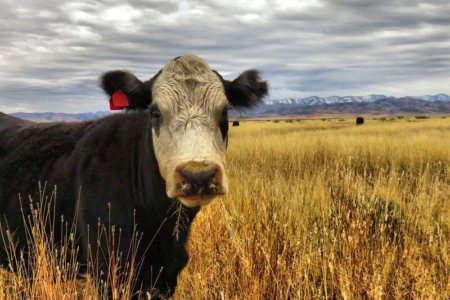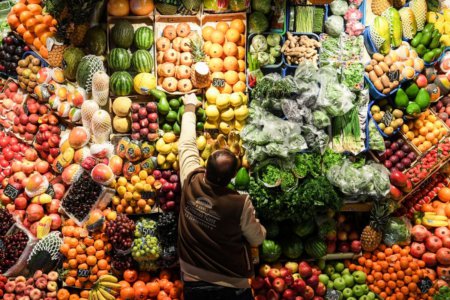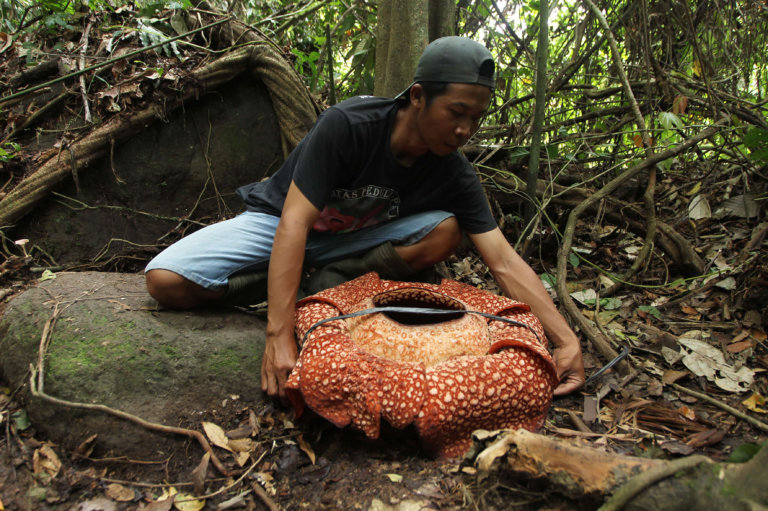
Plant science, like plant biology or phytology, is more commonly known as botany. It’s a branch within biology that studies plants. This includes their structure, properties and biochemical processes. It also focuses on plant diseases and interactions with the environment which provide a foundation for applied sciences like agriculture, horticulture and forestry.
According to the US of Bureau Labour Statistics, the positions for soil and plant scientists are set to increase at a rate of eight to 10%, which would add 6,700 jobs by 2022. With the clean energy economy set to grow, the field of botany is set to offer more opportunities for nature enthusiasts.
What can you work as? One job in popular demand is plant ecologist. They help conserve endangered species and natural areas. For instance, the Rafflesia flower (the largest on the planet) that has pungent odours of decomposing flesh can be found in the forests of Borneo and Sumatra. It’s also on the brink of extinction and the only way to save it is to preserve its natural habitat.
If this sounds like the career path for you, a good place to start is a degree in botany.
Entry requirements
Your grades must demonstrate broad general education. especially in literacy and numeracy with a minimum of a 4 in your GCSE or IGCSE. You’ll need to pass any science A Level taken. Usually, this includes grades AAA-ABB (two in biology), chemistry, physics and maths.
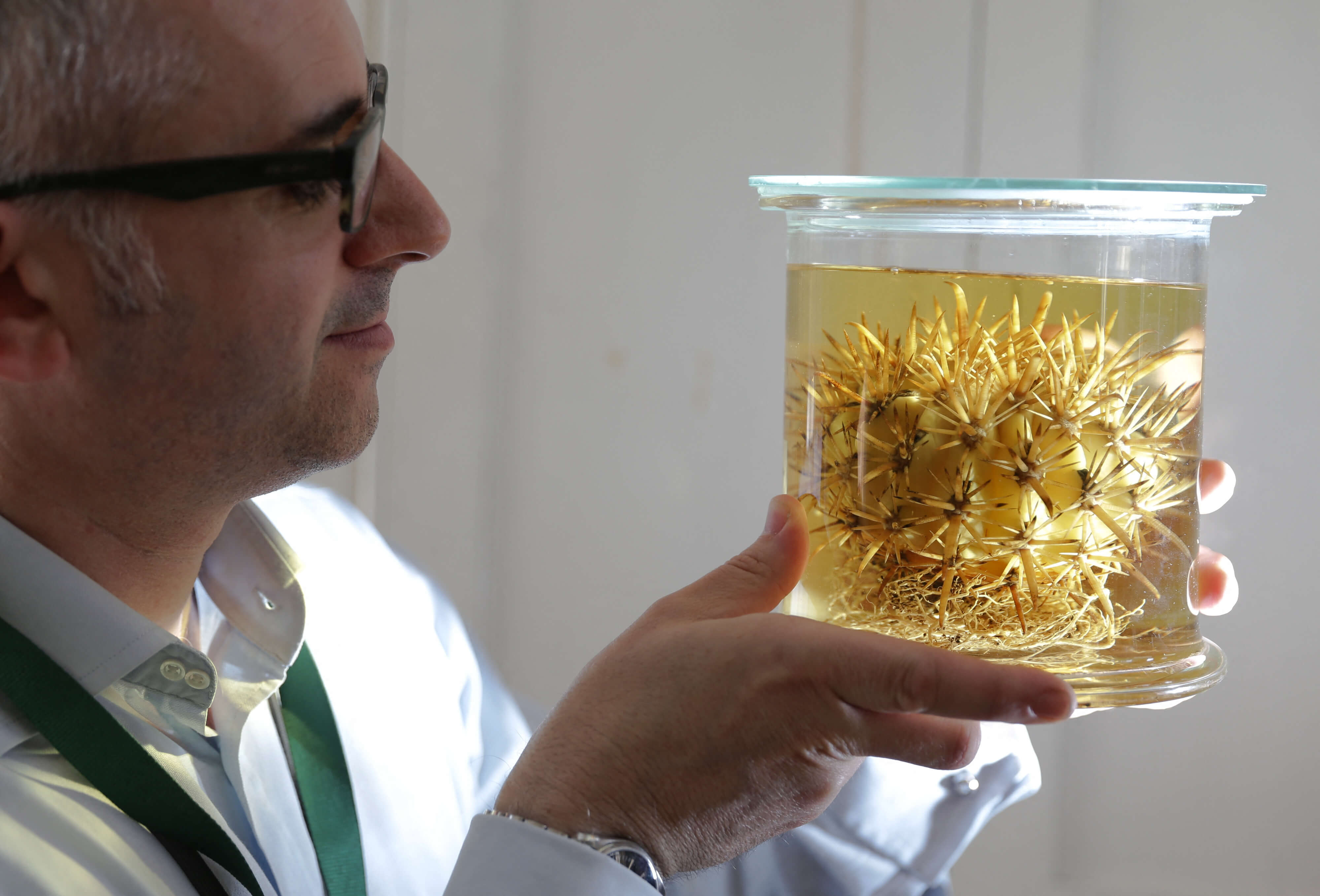
Britain’s Royal Botanic Gardens warned on May 10 about the threats facing the world’s plant kingdom in the first global report of its kind aimed at drawing attention to often-overlooked species. Source: Daniel Leal-Olivas/AFP
If you’re submitting your International Baccalaureate, a minimum of 36 to 33 points is needed (including two higher level science subjects). To add to that, you must show your English Language proficiency in your GCSE/IGCSE grades or an IELTS (or equivalent) with no less than 6.5.
What you’ll study
The undergraduate programmes in botany focuse on the growth, development, and productivity of plants. You’ll be learning how to apply concepts from a wide range of biological subjects to plant science. This includes genetics, molecular biology, biochemistry and cell biology.
Most programmes combine seminars with interactive events. You’ll most likely be getting hands-on experience in field studies too, where you can properly study plant environments.
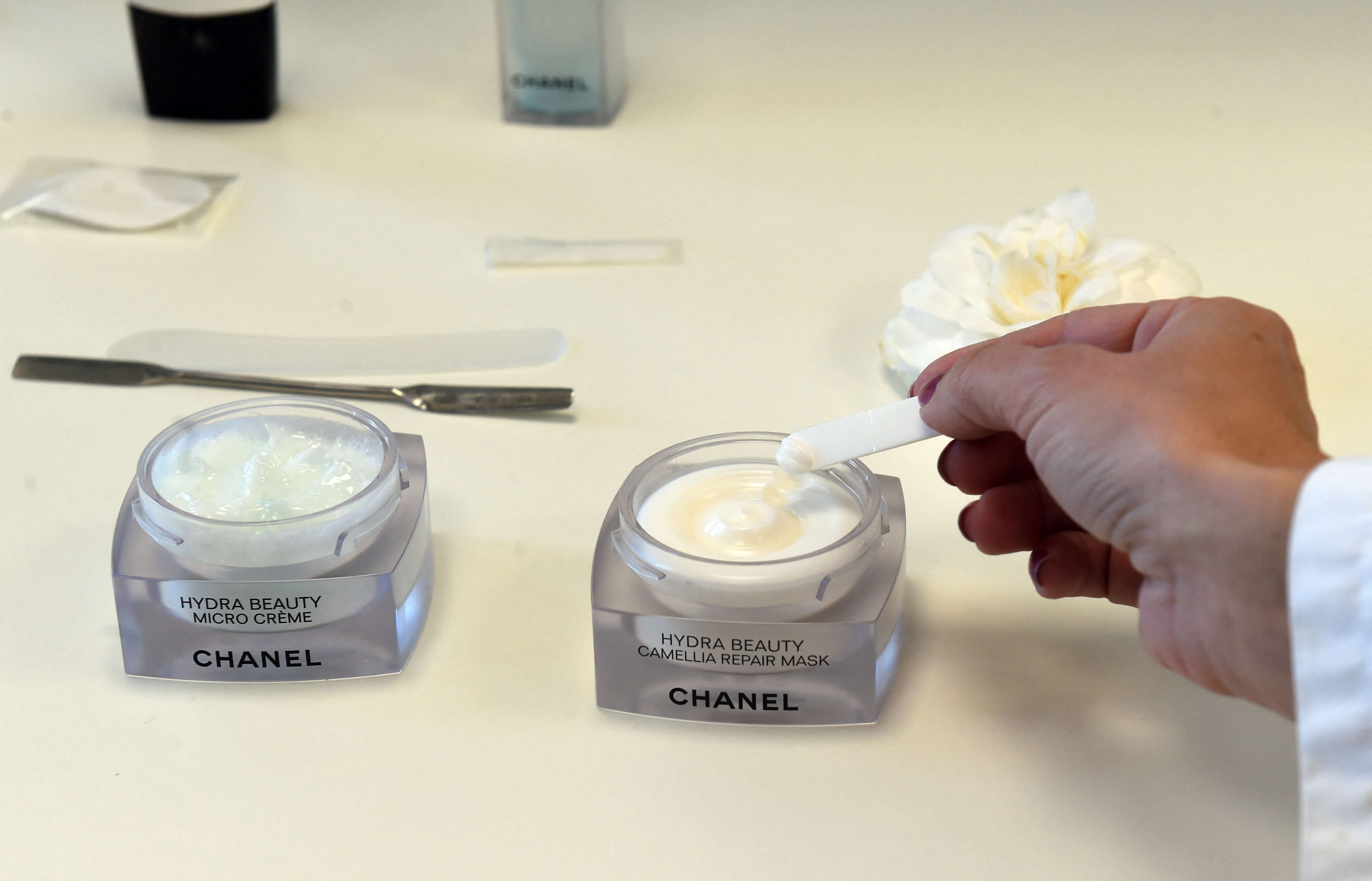
A picture shows containers of Chanel creams made from camellia flowers at the Chanel fashion house camellia farm in Gaujac. Chanel uses camellias to create cosmetic products, notably creams, for the exceptional moisturising properties it can produce.Source: Gaizka Iroz/AFP
What you can work as
A botanist records an average annual salary of US$78,552. Your role would have you studying the many aspects of plants and conducting experiments to enhance the yield, disease resistance, drought resistance or the nutritional value of crops.
You could also become a biological scientist, who studies living organisms and their relationship to the environment through basic and applied research. You’ll stand to bring in an average of US$52,601 a year.
Landscape design is another possible career path. You would be creating practical and alternative spaces that are beneficial for our health, wellbeing, and the environment. The average annual salary for this position is US$55,000.








